“We wrote the script for a year and it was the wrong script.”
In a presentation given during GDC 2019, God of War director Cory Barlog revealed how he actively approached the game as a continuation rather than a reboot, that the game’s script had been rewritten after a year of work, and how he continuously pitched the game during the course of development.
Before writing the game, Barlog wanted to establish that SIE Santa Monica wasn’t rebooting the series, but expanding upon it. He compared the mythologies that exist in God of War to “galaxies spread throughout a complete universe,” saying they all “exist together concurrently, and they are simply separated by geography.” Using that as a basis, he had to figure out how to describe this game, wanting to stay away from calling it a reboot.

A slide from Barlog’s presentation.
“I was calling it a reboot, but I knew that I didn’t want to continue to call it a reboot because… a lot of people would have these misconceptions and all this baggage that comes along with what a reboot is,” Barlog said. “We’re gonna continue the timeline and reinvent the feel. We did so much work developing the character of Kratos, why would we throw all that out? We’re sort of treating the first seven games like chapter one of this character’s life.”
Initially, there were gameplay pillars that the team adhered to, including keeping the game fun and accessible, focusing on unflinching close and personal combat, and setting it in a real, immersive and interactive world. These pillars would evolve as Barlog and the team continuously worked on and pitched the game.
“The first year, there are several points that I ignored that I was telling other people ‘we need to do this’ and then I totally screwed up, so I ended up having to reboot the reboot of the script, so we wrote the script for a year and it was the wrong script,” Barlog said. “I wasn’t paying attention, I wasn’t making this about the main characters and the story started to meander a little bit.”

Barlog made sure to adhere to a few rules he set for himself, including how it should be all about a simple story with complex characters and the narrative should revolve around “breaking the cycle,” both for the developer and for Kratos as a father.
“It was breaking the cycle for us as a studio, kinda getting caught in that rut of [building on top of the last game, and breaking the cycle of Kratos] being an absolute crap father, him blaming the rest of the world. The key to breaking that cycle was gonna be this father-son story… I ended up writing a story that assumed you already knew the relationship of the father and son.”

Once the script re-write began, Barlog focused on key tenets in the game, all revolving around character growth: narrative, combat and exploration. To accomplish this, everything needed to tie back into character growth, whether it be weapon and armor upgrades or witnessing Kratos teach Atreus how to be a god, and Atreus teaching Kratos how to be human in turn.
Eventually, Barlog reworked these tenets when pitching the game to president of Sony’s Worldwide Studios, Shuhei Yoshida. He changed “Narrative” to “Father and Son,” further exemplifying how important this relationship would be to the core of the story, and to their character growth.
During this pitch, Barlog focused on the combat being close, intimate and personal, and it always having context in the drama. Similarly, the pitch implored that exploration should empower the player and emphasize discovery. Character growth as a whole would see Kratos and his son change through mechanics and actions, with him teaching his son as they progressed.
Barlog also spoke about how George Miller, best known for creating Mad Max, told him “You’ve always got to dramatize your exposition,” a simple adage for writers to follow that suggests filling in backstory is best delivered in an active, dramatic way. For God of War, this translated into playing the story instead of watching it, ultimately taking part in the drama as it unfolds.
Other tidbits about the game’s development were revealed during the presentation, including how Barlog hadn’t settled on the name Atreus until the end of 2016, how he didn’t reveal his intentions of using a single shot throughout the game at first, and that he was unsure of simply calling it God of War in the beginning, and initially referred to it as God of War 4.
For more on God of War’s development, read about its combat designer breaking down the game’s first intense boss fight, SIE Santa Monica sharing entertaining bugs from the game’s development and how Barlog’s ideas for DLC would have taken too long to make.
Ultimately, rewriting the game’s script seems to have only helped it, as it won game of the year at the 22nd annual DICE Awards and The Game Awards 2018. It was also IGN’s game of the year 2018.
Have a tip for us? Want to discuss a possible story? Please send an email to [email protected].
Colin Stevens is a news writer for IGN, and now he just wants to play God of War again. Follow him on Twitter.





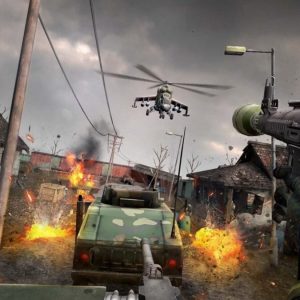
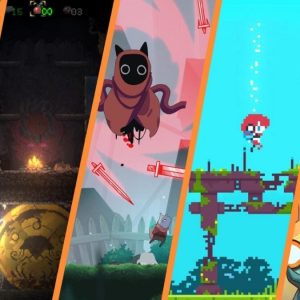

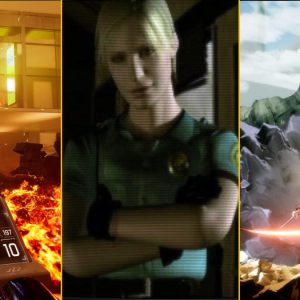
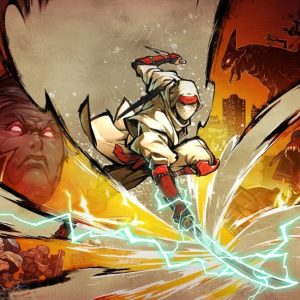





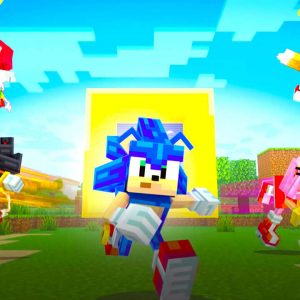
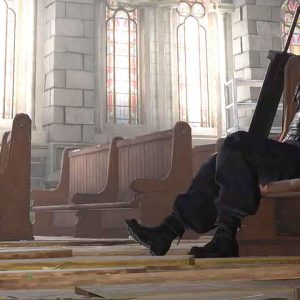
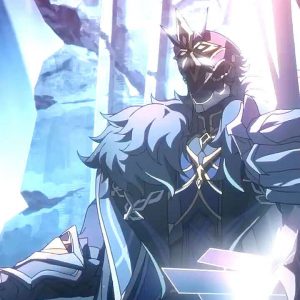

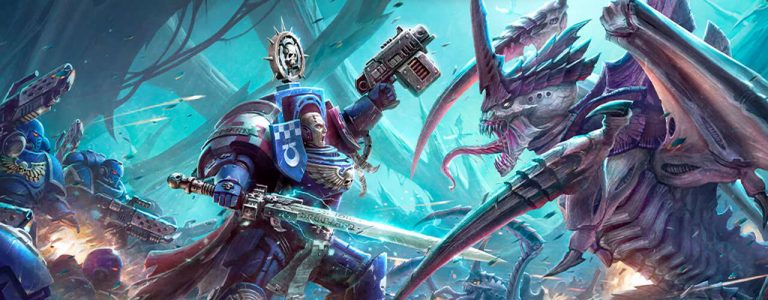
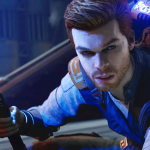
-150x150.jpg)
